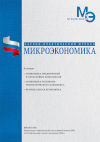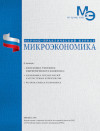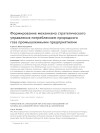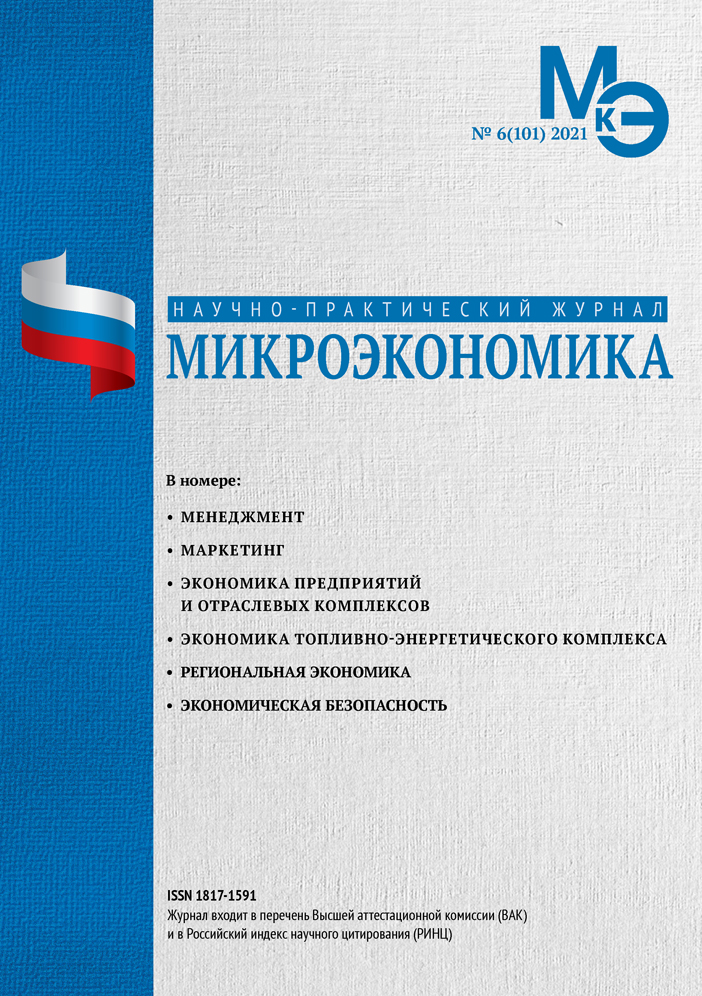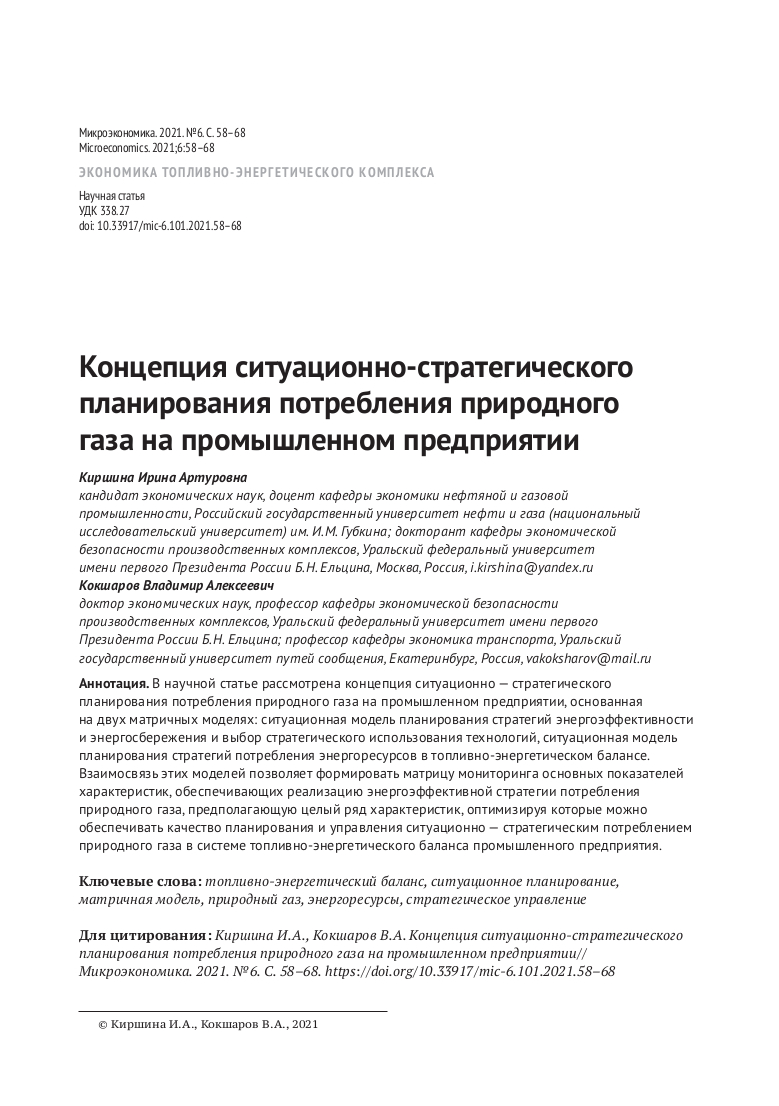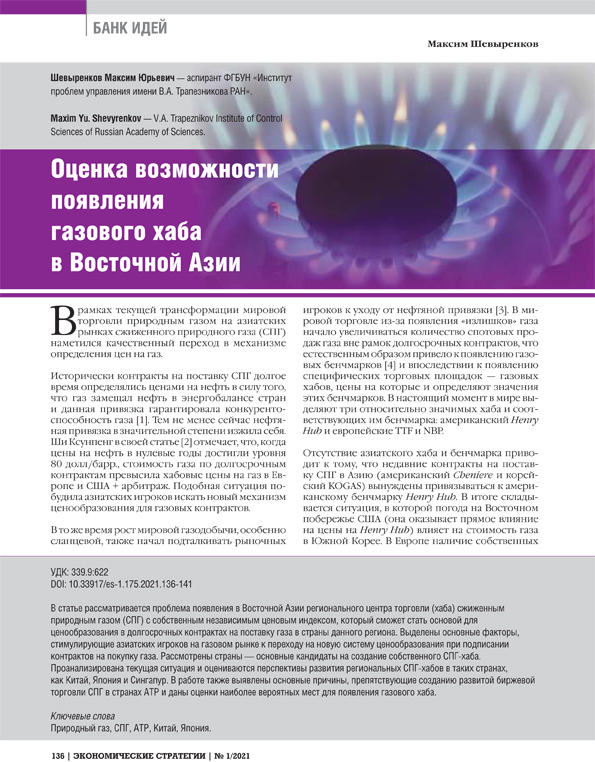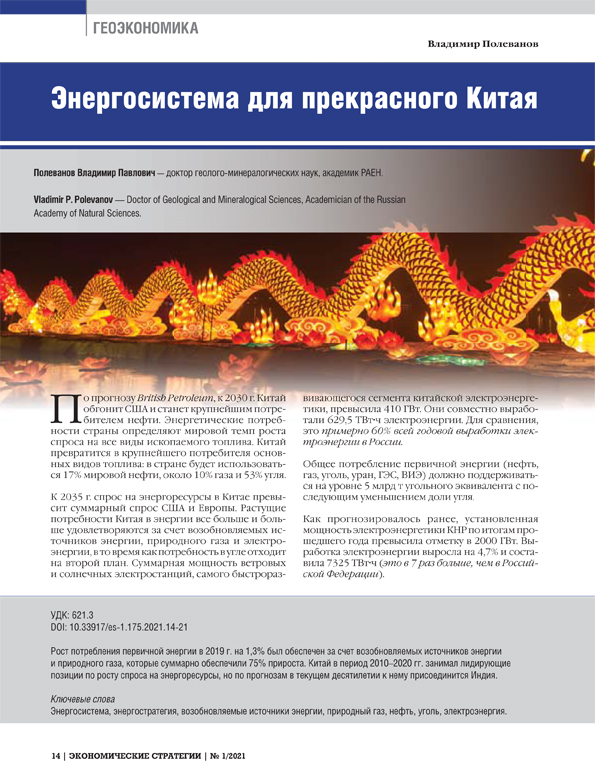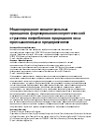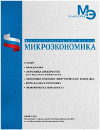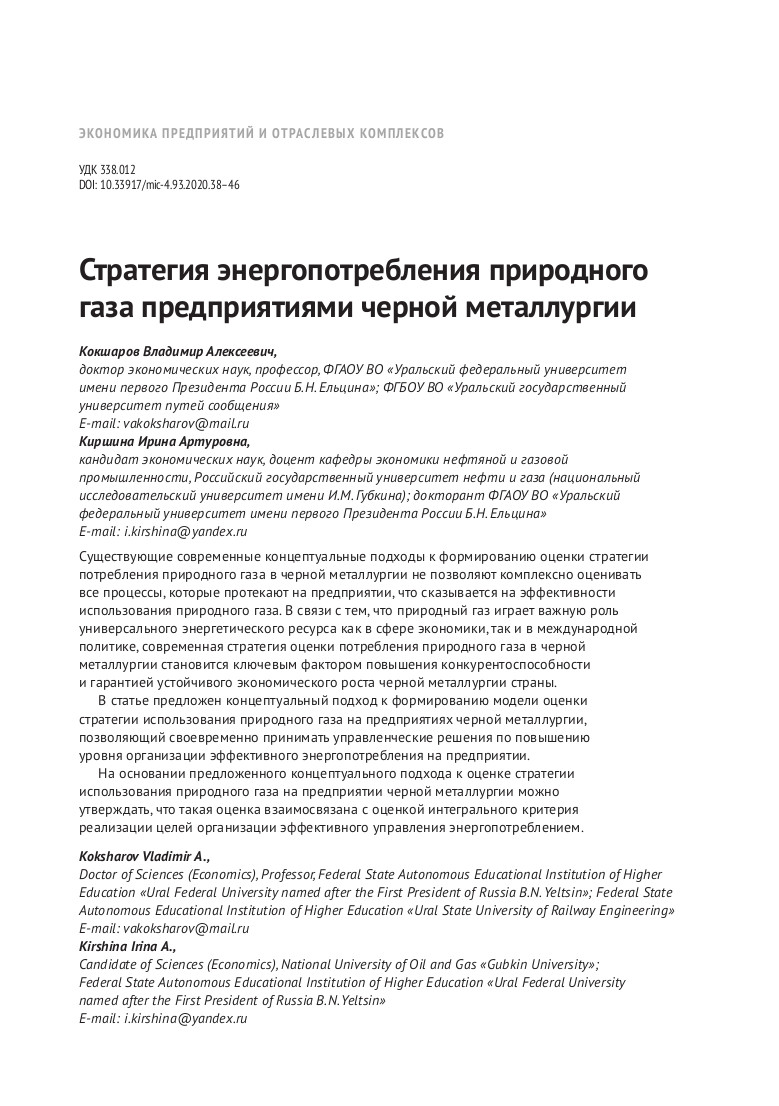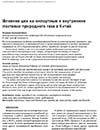Study on the Relationship between the Energy Industry and Economic Growth on the Example of China and Russia
DOI: 10.33917/es-1.199.2025.34-43
The author explores and compares relationship between the energy industry and economic growth of China and Russia through the cointegration equation and the VECM model. The results prove that China’s energy production hasn’t got any long-term or short-term impact on GDP fluctuations and growth, while oil and natural gas consumption has a long-term impact on GDP growth, coal and natural gas consumption has a short-term positive impact on GDP growth. Energy production and consumption in Russia have an impact on GDP growth. Production of renewable energy, coal and natural gas as well as consumption of coal and natural gas have long-term equilibrium effects on GDP growth, while production of coal and natural gas as well as consumption of coal, oil and natural gas cause short-term positive fluctuations in GDP growth.
References:
1. Kraft J., Kraft A. On the Relationship Between Energy and GNP. The Journal of Energy and Development, 1978, no 3(2), pp. 401–403, available at: http://www.jstor.org/stable/24806805
2. Yu E., Choi J.Y. The Causal Relationship between Energy and GNP: An International Comparison. Journal of Energy Finance & Development, 1985, no 10, pp. 249–272.
3. Kuzovkin A.I. Prognoz energoemkosti VVP Rossii i razvitykh stran na 2020 g. [Forecast of Energy Intensity of GDP in Russia and Developed Countries for 2020]. Problemy prognozirovaniya, 2010, no 3, pp. 144–148.
4. Wang Xuhui, Liu Yong. China’s energy consumption and economic growth: based on cointegration analysis and Granger causality test. Resources Science, 2007, no 29(5), p. 6.
5. Lola I.S., Gluzdovskiy S.V. Primenenie metodov vektornoy avtoregressii v issledovanii vliyaniya malogo roznichnogo predprinimatel’stva na dinamiku torgovli [Application of Vector Autoregression Methods in the Study of the Impact of Small Retail Businesses on Trade Dynamics]. Voprosy statistiki, 2018, vol. 25, no 11, pp. 3–12, EDN VNBZMD
6. Matveev M.G. Parametricheskaya identifikatsiya modeley vektornoy avtoregressii [Parametric Identification of Vector Autoregression Models]. Sovremennaya ekonomika: problemy i resheniya, 2015, no 5, pp. 133–142, available at: ht tps://journals.vsu.ru/meps/article/view/4347
7. Yue Xiaowen. Restoration of oil and gas industry: A review of Russia’s oil and gas industry in 2021. International Petroleum Economics, 2022, no 30(5), pp. 47–52.
8. Hou Meifang. The current situation, challenges and countermeasures of China’s energy transformation and energy security under the goal of carbon neutrality. Journal of Southwest Petroleum University (Natural Science Edition), 2023, no 45(2): 1-1, DOI: 10.11885/j.issn.1674-5086.2023.01.12.02






